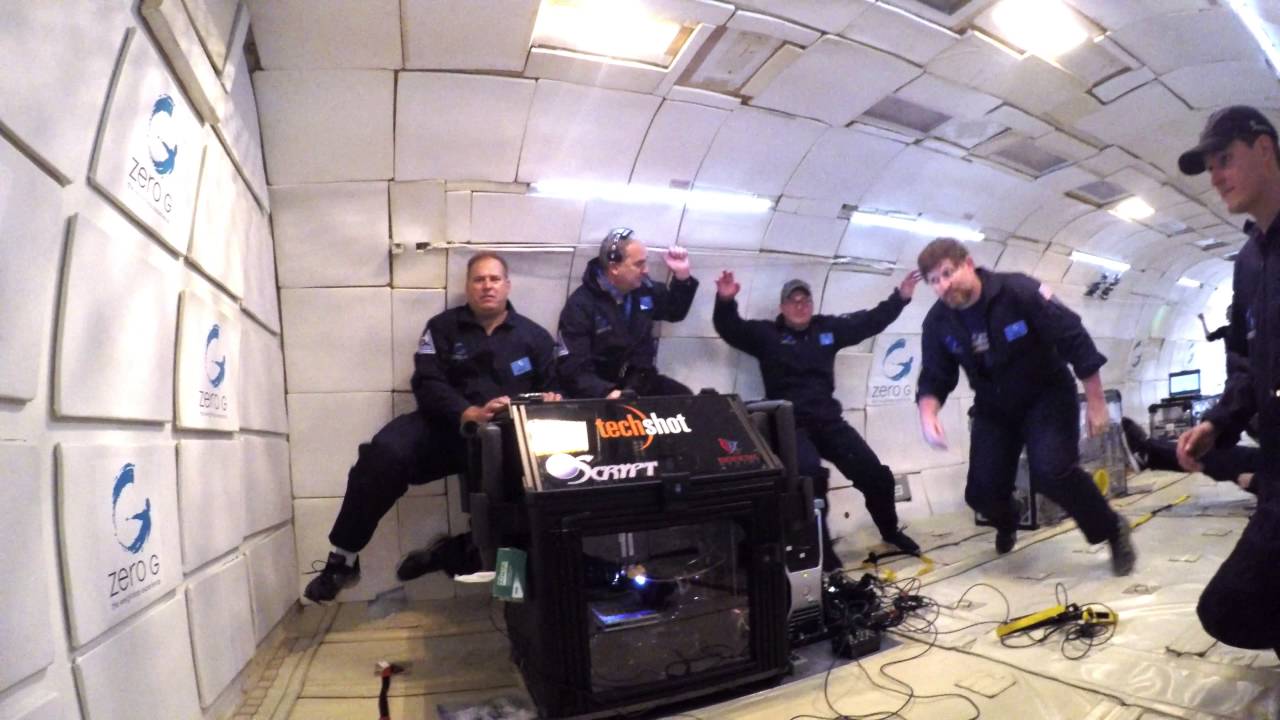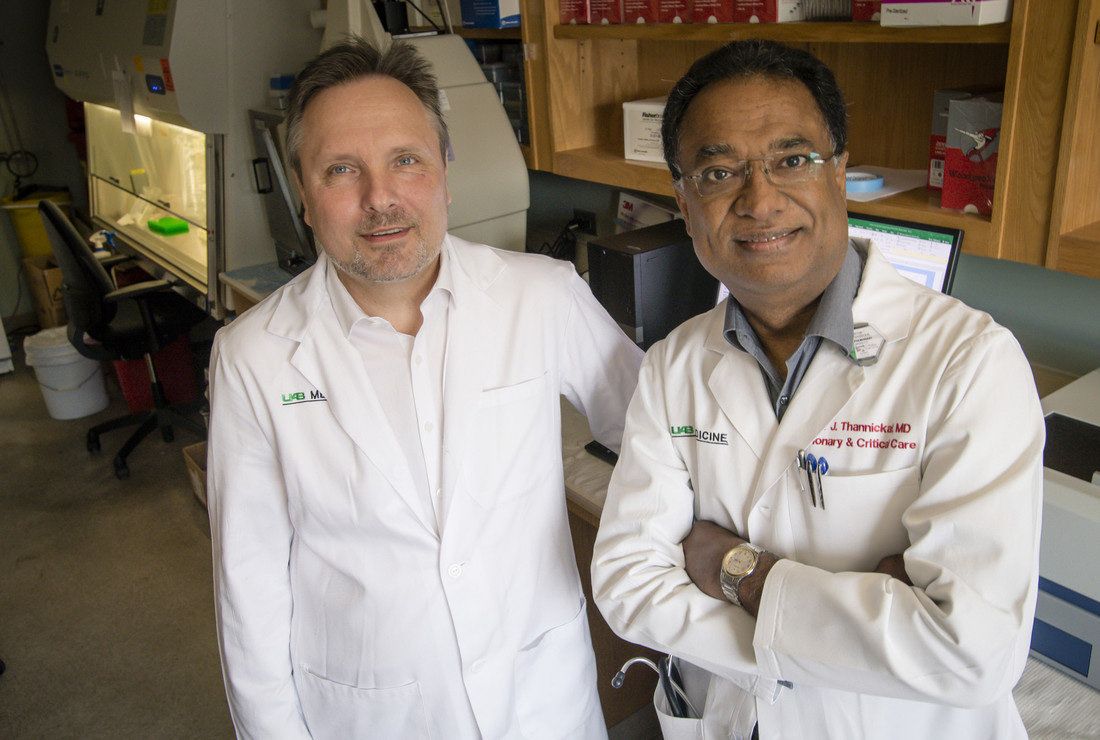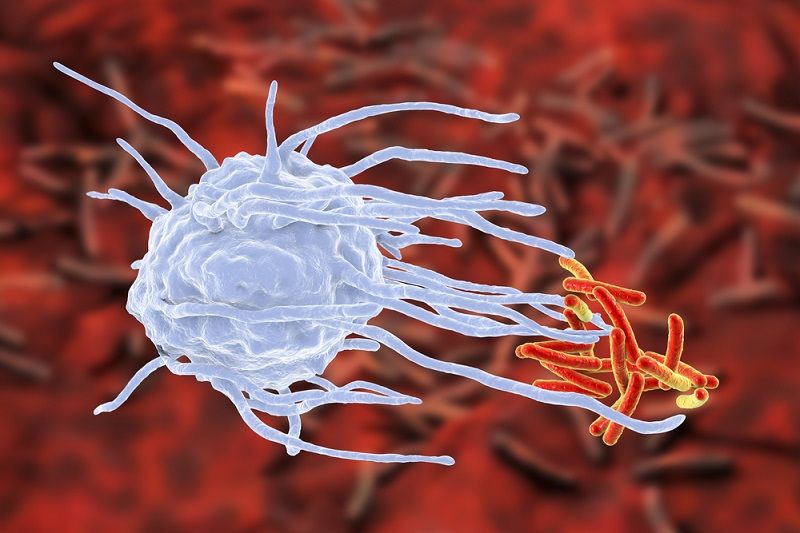The ocean’s creatures hold secrets to some of today’s biggest medical mysteries.
Category: biotech/medical – Page 2357
“I believe gene therapy will become a mainstay in treating, and maybe curing, many of our most devastating and intractable illnesses,” said FDA commissioner Dr Scott Gottlieb after Luxturna’s approval.
As innovative gene and cell therapies continue to make the transition from the laboratory to the clinic, they are bringing with them the promise of truly personalised medicine. The last few years have seen the regulatory approval of the first gene therapies that take a patient’s own immune cells and genetically engineer them to target cancer cells more effectively.
These chimeric antigen receptor T-cell (CAR-T) therapies now represent a rapidly growing field, with Novartis’s Kymriah, the first CAR-T therapy approved by the US Food and Drug Administration (FDA) in August 2017 for the treatment of a rare blood cancer, seen as the tip of the iceberg for this treatment class’ potential. Approval of Kite Pharma’s Yescarta, a CAR-T treatment for certain forms of non-Hodgkin lymphoma, followed just a few months later.
Scientists have designed a special type of drug that helps the body eat and destroy cancerous cells.
The treatment boosts the action of white blood cells, called macrophages, that the immune system uses to gobble up unwanted invaders.
Tests in mice showed the therapy worked for aggressive breast and skin tumours, Nature Biomedical Engineering journal reports.
The next phase of a NASA sponsored mission to 3D print human organs and tissues in space will launch in February 2019. A 3D BioFabrication Facility (BFF) developed by nScrypt and Techshot and destined for the International Space Station (ISS) will form part of the cargo of SpaceX CRS-17.
3D printing in zero gravity
nScrypt is based in Orlando, Florida and is a manufacturer of industrial micro-dispensing and 3D printing systems. The company is spin out of Sciperio Inc who, under a DARPA contact, developed an award winning bioprinter in 2003.
Monsanto’s agricultural biotechnology research and development operations that are going to Bayer are the largest in the world and include making genetically modified seeds for such crops as corn, soybeans and cotton. Corn represented almost 60 percent of Monsanto’s total seed and genomics business last year.
German conglomerate Bayer on Thursday closed its $63 billion merger with St. Louis-based agribusiness giant Monsanto and plans to drop the U.S. company’s name.
(HealthDay)—Get up off of the couch: Sitting too much may kill you even if you exercise regularly.
If you sit for six hours a day or more, your risk of dying early jumps 19 percent, compared with people who sit fewer than three hours, an American Cancer Society study suggests.
And, the study authors added, sitting may kill you in 14 ways, including: cancer; heart disease; stroke; diabetes; kidney disease; suicide; chronic obstructive pulmonary disease (COPD); lung disease; liver disease; peptic ulcer and other digestive disease; Parkinson’s disease; Alzheimer’s disease; nervous disorders; and musculoskeletal disorders.
Researchers at the University of Alabama at Birmingham have shown—for the first time—that established lung fibrosis can be reversed using a drug treatment that targets cell metabolism.
This novel finding, reported in the journal Nature Medicine, is important because, despite significant advances to reveal the pathological mechanisms of persistent fibrosis, effective treatment interventions are lacking.
Pulmonary fibrosis can develop after lung injuries like infections, radiation or chemotherapy, or it can have an unknown cause, as in idiopathic pulmonary fibrosis, or IPF is a progressive, and ultimately fatal, lung disorder that strikes more than 150,000 patients a year in the United States and more than 5 million worldwide.
Senolytics have been in the news a great deal ever since van Deursen and his team conducted a landmark 2011 study showing that removing senescent cells could delay age-related ill health in mice [1]. Since then, interest in what was once a niche topic has continued to grow at an ever-increasing pace. Now, there are many researchers engaged in exploring senescent cells and their role in aging and disease.
Lately, there has been enthusiastic interest in developing therapies to remove these problematic senescent cells, but are there potentially better ways to deal with senescent cells beyond periodically purging them with senolytic drugs and therapies?
LEAF’s monthly rejuvenation roundup is out!
July is here, and our upcoming conference in New York City is only a handful of days away! If you haven’t done so already, go and get your ticket now so that you can enjoy the June roundup fully relaxed, knowing that your seat is secured.
About our NYC conference
On the off chance you’ve missed the news about it, Ending Age-Related Diseases: Investment Prospects & Advances in Research is our first conference to be held in New York City. It will take place on July 12th at Cooper Union, and it will feature talks and panels with several great speakers, such as Dr. Vera Gorbunova from Rochester University, Dr. Vadim Gladyshev from Harvard Medical School, Dr. Aubrey de Grey from SENS Research Foundation, Dr. Kelsey Moody from Ichor Therapeutics, and many more. You can get your ticket here, and remember that Lifespan Heroes get 75% off the ticket price!









